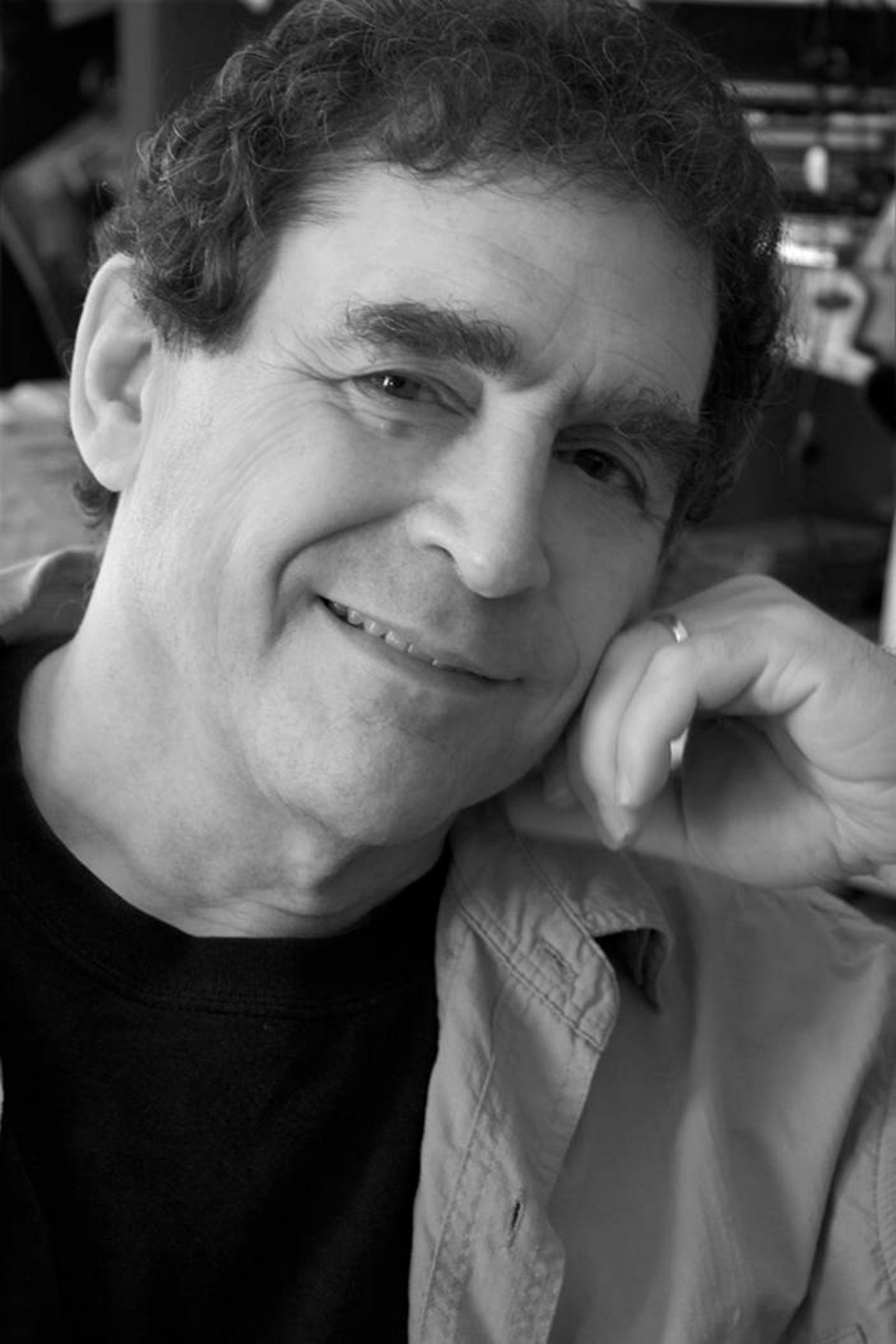
September 15, 2008 — Alan Weisman, author of the provocative best seller, The World Without Us, will speak on campus at the University of Utah Tuesday, September 30, 2008 at 7:00 p.m.
Weisman’s book — TIME magazine’s top nonfiction book of 2007 – hypothesizes what might happen to the planet Earth if humans vanished. This imaginative proposition lets readers view the world apart from its myriad human distractions and begin a discussion of realistic solutions for living in balance with the rest of nature.
Weisman is a journalist and educator, whose years of travel and research for stories on energy, natural science, economics and human culture have led to the book deemed “one of the grandest thought experiments of our time” by environmentalist Bill McKibben.
The lecture is hosted by The Wallace Stegner Center for Land, Resources and Environment at the UofU law school, as part of its ongoing commitment to the multidisciplinary study of natural resources and environmental law and policy.
“Weisman’s book is an important work in understanding the human relationship to the natural world,” said Bob Keiter, director of the Stegner center.”By asking what the world would look like without people, the book suggests ways we might alter modern civilization’s impact and begin to restore a more durable planet.”
The lecture will be held at Libby Gardner Concert Hall at the University of Utah and will be followed by a book signing. Tickets are $10 through Kingsbury Hall at 801/581-7100, or online at http://www.kingsburyhall.org/. The event is expected to sell out.
This lecture is made possible through the support of the Cultural Vision Fund. Sponsors include the Utah Museum of Natural History, the Sierra Club, the U of U College of Humanities, and The King’s English Bookshop.
The University of Utah S. J. Quinney College of Law, recognizing the importance of natural resources and environmental quality to the region’s welfare, has long played a leading role in shaping appropriate laws and policies to govern the use and preservation of these resources. With the establishment of the Wallace Stegner Center, that role continues unabated.
